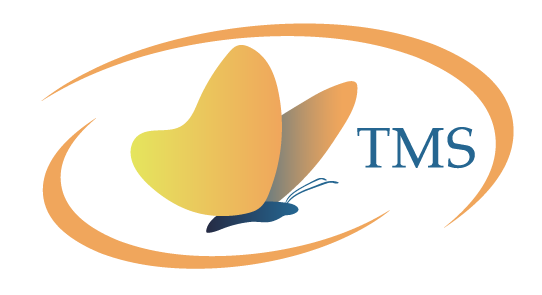
The TMS Foundation Project Model Framework
A Smarter Project Framework Built for Results—Not Just Compliance
What is the TMS Foundation Project Model?
Overview
The TMS Foundation Project Model is a lean, testable governance system that ensures every project has the structural integrity, data completeness, and control alignment necessary to deliver on time and on budget. Unlike traditional models focused on policy documentation or periodic audits, the TMS Foundation tests live project data continuously—across scope, cost, schedule, risk, and more—to detect gaps and enable proactive correction.
Key Features
Built for real-time validation and performance assurance
Structured to support scalable, cross-project governance
Fully integrated into the Djobu Delivery System
Grounded in Theory of Constraints and portfolio flow control

Why it Matters
Traditional Maturity Models Measure Readiness. TMS Measures Reality.
Most governance models (e.g., CMMI, ISO-9001) assess whether you could deliver. We assess whether you are delivering. Our framework doesn’t rely on outdated self-assessments or procedural checklists—it uses real data from your live projects to verify whether the right outputs are being produced, linked, and governed.
| Feature | Traditional Models | TMS Foundation |
|---|---|---|
| Focus | Process documentation | Project outcomes |
| Audit Method | Manual scoring | Data-driven tests |
| Frequency | Annual/Quarterly | Continuous |
| Goal | Maturity | Predictable delivery |
| Output | Compliance report | Portfolio health scorecard |
The Nine Core Governance Processes
Structured for Control. Designed for Insight.
The TMS Framework defines nine integrated governance processes. Each is modeled around real-world project data—what must be present, how it's structured, and whether it’s linked correctly to drive control and decision-making.
-
Enforces time-phased baseline integrity, BoE linkage, and realistic schedule logic
-
Verifies complete, traceable scope aligned to WBS/CLINs and deliverables
-
Brings subcontractor work into your baseline and reporting—no black boxes
-
Requires every cost to map to exactly one Work Package—no financial drift allowed
-
Tracks unplanned vs. planned budgets with full audit trail from contract to work package
-
Aligns all reports to system-of-record forecasts with preserved historical baselines
-
Ensures risks are owned, mitigated, and tied to real work—not just logged and forgotten
-
Captures decisions, issues, and follow-ups with accountable ownership
-
Audits the PGF itself—ensuring tests are running and findings are resolved
